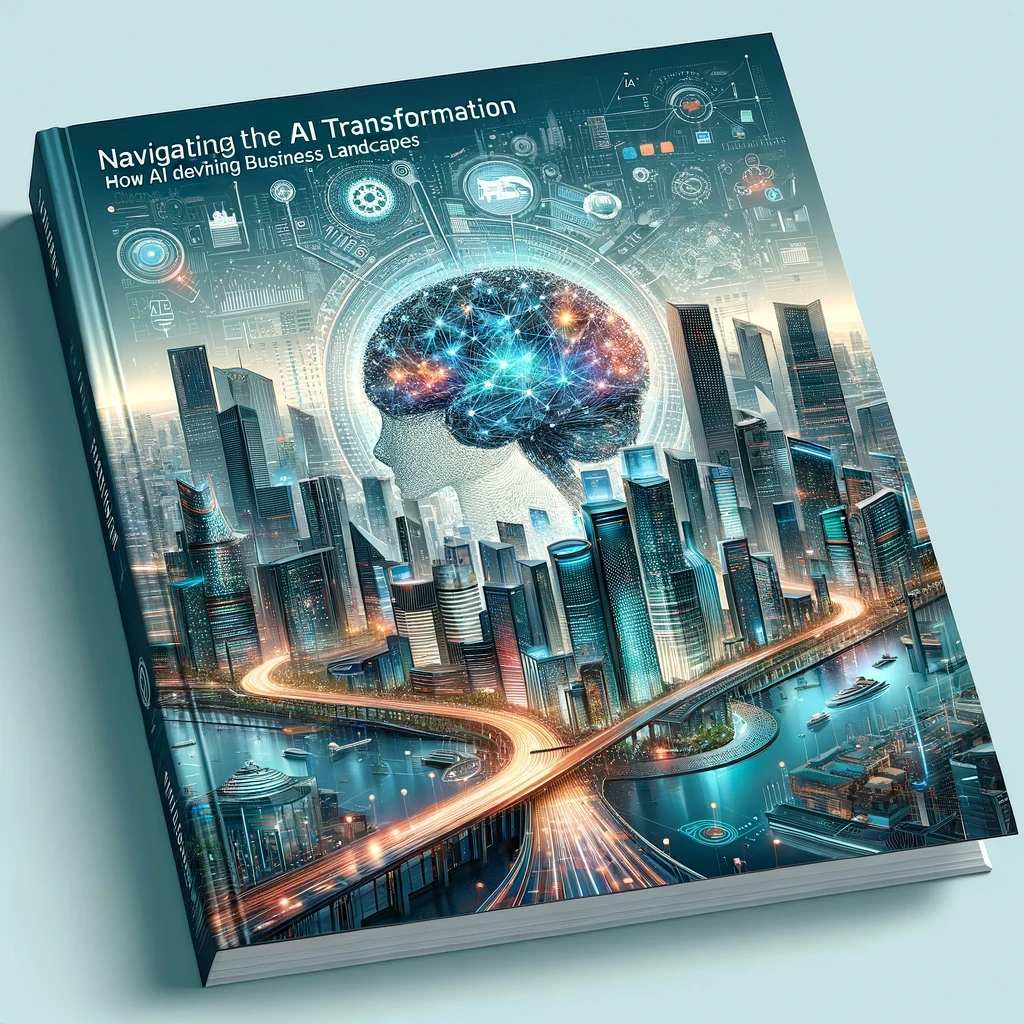 0 comment
0 comment
 17 May, 2023
17 May, 2023

In the rapidly evolving digital age, Artificial Intelligence (AI) has emerged as a transformative force across all sectors of the economy. From startups to multinational corporations, AI is not just an enabler of efficiencies but a disruptor that is redefining how businesses operate, compete, and innovate. This blog explores the multifaceted impact of AI on the business world, highlighting key areas of change, challenges to overcome, and the potential future landscape AI shapes.
AI technologies, particularly machine learning and natural language processing, are at the forefront of enhancing customer experiences. Personalized recommendations on e-commerce platforms, AI-driven customer support chatbots, and voice assistants are becoming the new norm, setting high expectations for personalized and seamless customer interactions across industries. By analyzing customer data and behavior patterns, businesses can tailor their offerings and communications, leading to increased customer satisfaction and loyalty.
Operational efficiency is another area where AI is making significant inroads. Through the automation of routine tasks, AI frees human employees to focus on more strategic activities. This not only reduces operational costs but also improves productivity and efficiency. Predictive maintenance, powered by AI, can foresee equipment failures before they occur, minimizing downtime and repair costs. In supply chain management, AI algorithms optimize logistics, inventory management, and demand forecasting, significantly reducing waste and costs.
AI’s capability to process and analyze vast amounts of data in real-time provides businesses with unprecedented insights, enabling more informed decision-making. Predictive analytics can forecast market trends, consumer behavior, and potential business risks, allowing companies to strategize proactively. This data-driven approach to decision-making is shifting businesses from a reactive to a proactive stance, enhancing competitiveness and agility.
AI is not just transforming existing business processes; it’s also paving the way for new business models and opportunities. AI-driven innovation is leading to the creation of new products and services, from AI-powered health diagnostics to autonomous vehicles and beyond. Furthermore, AI enables businesses to explore and enter new markets by identifying unmet needs and gaps in existing offerings.
Despite the immense potential, integrating AI into business operations comes with its set of challenges. Data privacy and security concerns are paramount, as businesses must navigate the complexities of handling sensitive information responsibly. The ethical implications of AI decisions, particularly around bias and fairness, require careful consideration and management.
Moreover, the successful adoption of AI demands a workforce skilled in new technologies, underscoring the importance of upskilling and reskilling initiatives. Businesses must also navigate the evolving regulatory landscape around AI, ensuring compliance and ethical use of the technology.
As AI technology advances, its impact on businesses is expected to deepen. Integrating AI with other emerging technologies, such as blockchain and the Internet of Things (IoT), promises to unlock even greater efficiencies, transparency, and opportunities for innovation. AI is set to become an indispensable part of the business toolkit, integral to strategic planning, operational efficiency, and customer engagement.
In the future, businesses that effectively harness the power of AI will not only enjoy competitive advantages but will also play pivotal roles in shaping ethical, responsible, and innovative uses of AI in society. The journey toward AI integration may be complex, but the potential rewards for businesses, consumers, and society at large are profound.
Conclusion
The transformational impact of AI on business is undeniable. By revolutionizing customer experiences, streamlining operations, enhancing decision-making, and fostering innovation, AI is redefining the competitive landscape. As businesses navigate the challenges of AI integration, the focus must be on ethical, transparent, and responsible use. The future of business, powered by AI, promises a landscape of increased efficiency, innovation, and unprecedented opportunities, marking a new era of digital transformation.
0 comment